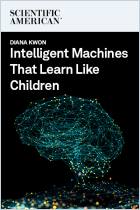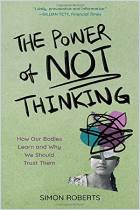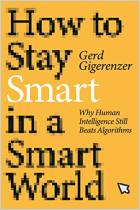
Read or listen offline
Amazon Kindle
audio autogenerado
1×
Ingrese para escuchar el resumen en audio.
audio autogenerado
Recommendation
Headlines about artificial intelligence make lofty claims about machines outperforming humans. However, the technology isn’t there yet, as computer science professor and author Melanie Mitchell explains in an engaging essay for Aeon. Humans have inherent “core knowledge” that AI simply doesn’t have, and instilling those understandings is a challenge when developing better systems for the future. Those in the AI sector should keep Mitchell’s message on their radar.
Summary
About the Author
Melanie Mitchell is a computer science professor at Portland State University and Santa Fe Institute. Her books include Complexity: A Guided Tour and Artificial Intelligence: A Guide for Thinking Humans.

















Comment on this summary or Comenzar discusión